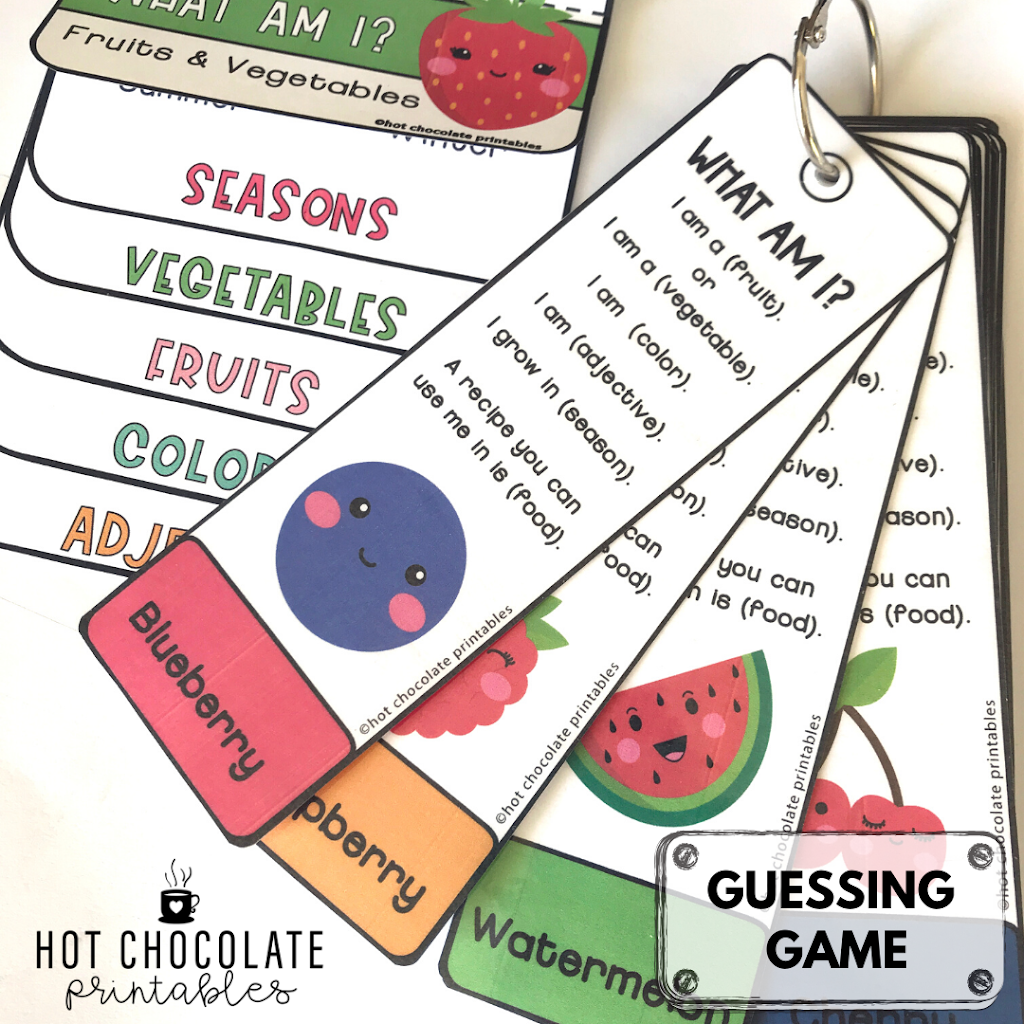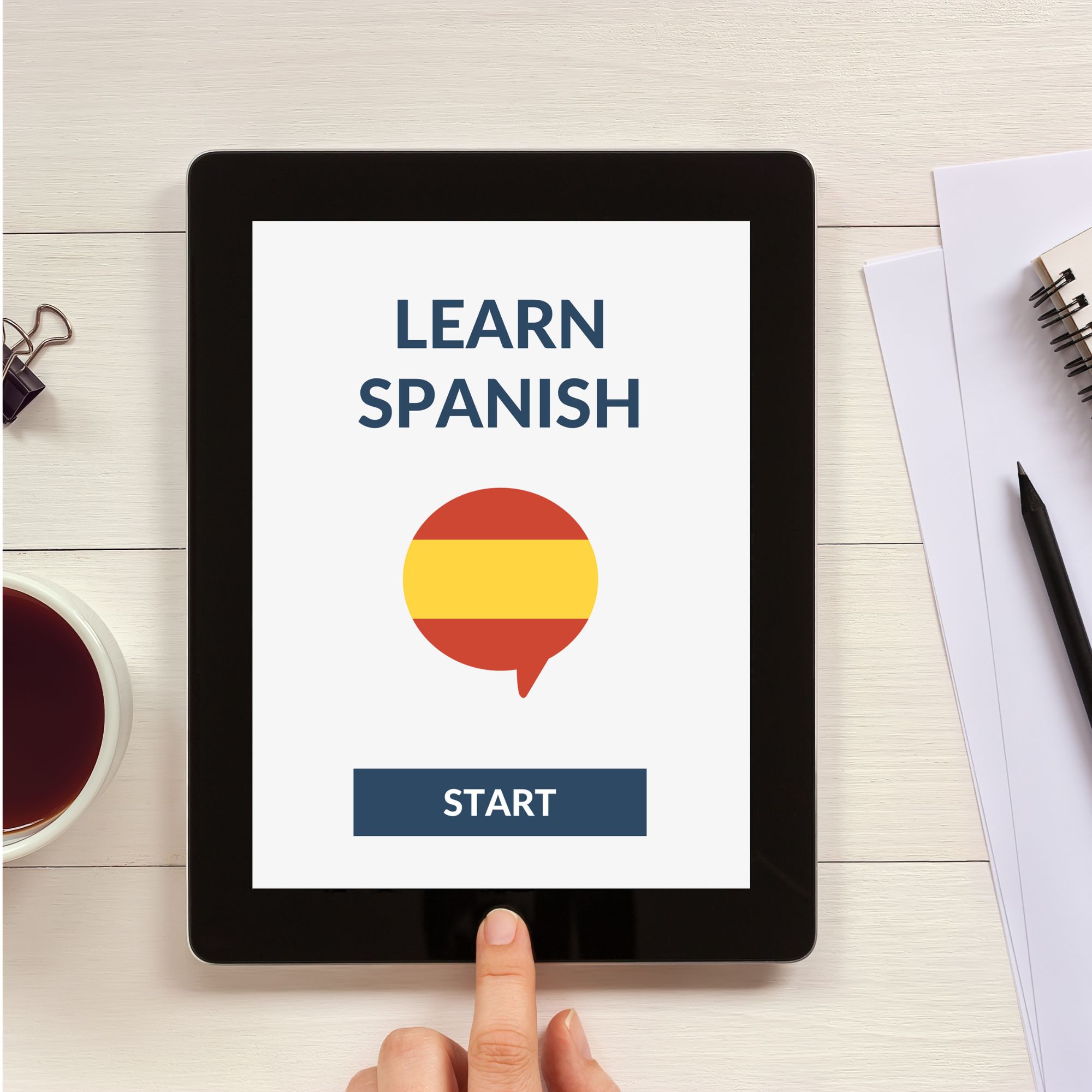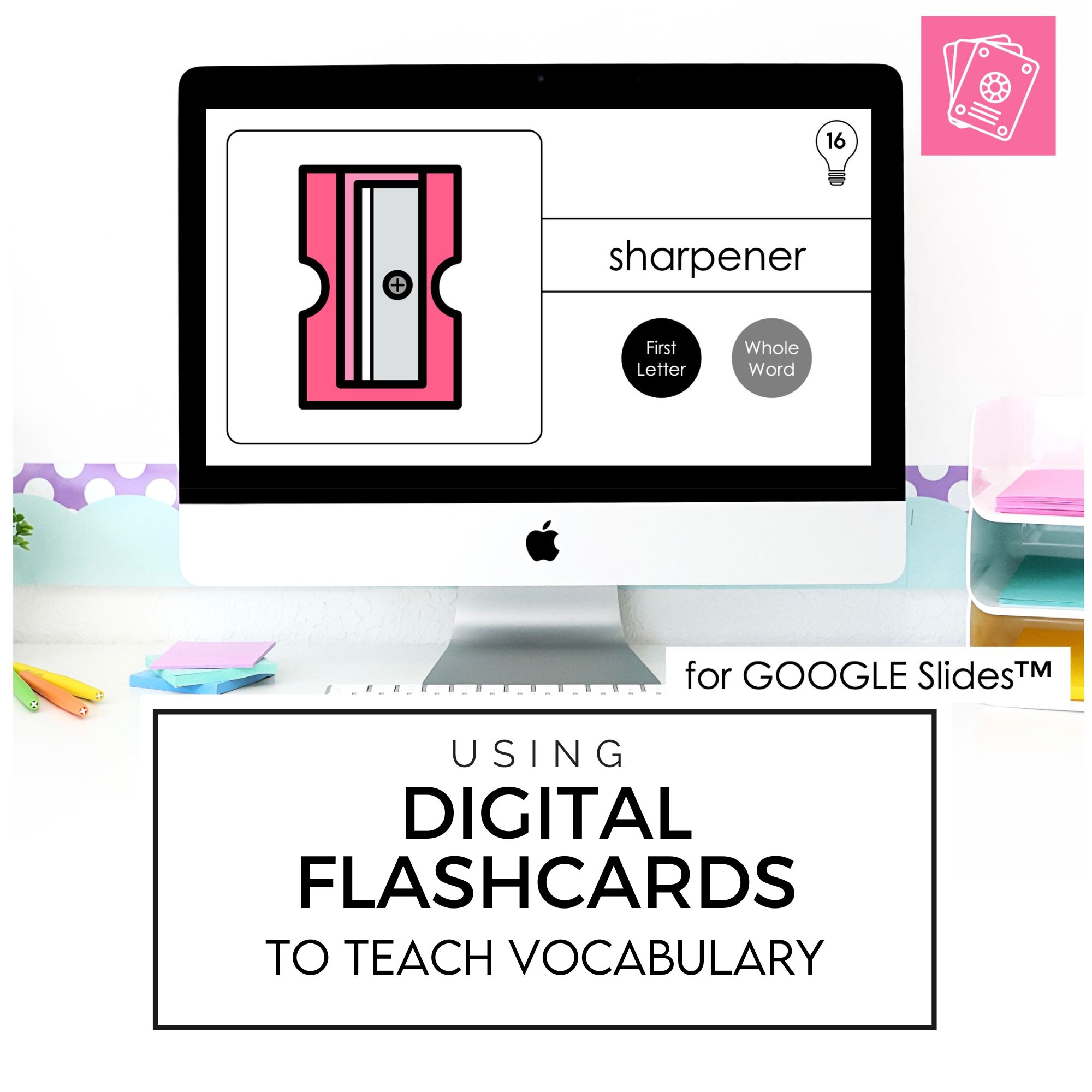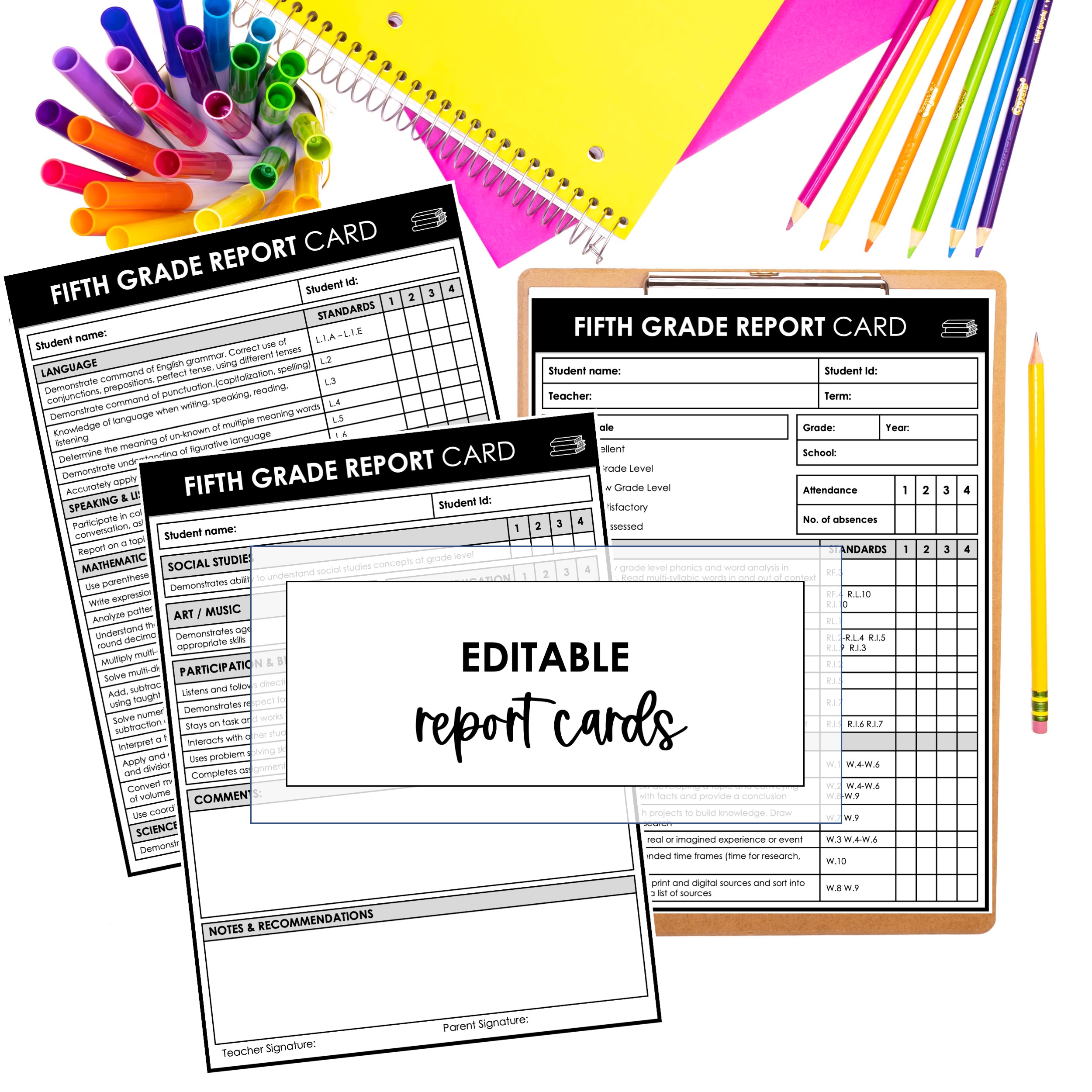Guessing games are a great way to practice speaking, critical thinking and vocabulary building in ESL classrooms starting from young learners through adults. Whether you are an English teacher or a parent trying to improve your child’s vocabulary in a first or second language, guessing games are a MUST! Here’s where to start:
Ages 3-4:
I spy
Starting from age 3-4 when vocabulary acquisition is peaking, I spy is a fantastic way to elicit new words, practice critical thinking and listening skills. This game can be played anywhere, with no materials and no prep. It’s fantastic for parents with young children when any type of “waiting” is involved. (doctor’s office, airports, etc). In the classroom this is also a great way to use a few extra minutes at the beginning or end of a lesson. It’s easy to play, all you need are the objects in a room and your eyes!
– Start the game by picking an object and saying “I spy with my little eye something that …. (then fill in the blank) is (big, small, orange, little, round, square, swims.
– Your little learners can try to guess what it is. If you see that they are having trouble, give them another hint.
– Next have them choose an object and you guess!
I play this with my bilingual 4 year old all the time! It’s fun, and funny and often he decides to change the object in the middle of the game or he hasn’t even really picked an object. He just says “no mommy, that’s not it!” Either way, it encourages speaking, listening, critical thinking and turn-taking. That’s a win for me as far as preschool age guessing games are concerned.
Ages 5-6:
In the United States, Common Core standards state that Kindergarten age children should be able to recognize CVC words, certain blends, long and short sounds, vowels and read high frequency words (the, of, to, you, she, my, is, are, do , does). In Italy, children do not begin reading until the first grade!
This is why some of my products are hard to group into a specific age. ESL/EFL students could be studying the English alphabet in the 3rd grade if they’ve never studied the sounds before!
This guessing game is designed for Elementary level English users. This means, they must be able to read in English and have a basic concept of level appropriate vocabulary and basic question and sentence structure. A mother tongue child might be able to participate in this game in the first grade, while an ESL student might need to wait until the 2nd or 3rd grade to be able to play.
What am I? Animal Guessing Game
This ANIMAL guessing game is a great activity to get your students speaking and listening by describing common animals using vocabulary from the following categories: Color, body parts, action verbs, adjectives and places. Your students will have a blast guessing the animal! Sometimes it’s difficult for students to organize their vocabulary words in order to accurately describe an animal. For this reason, I’ve included a student brainstorming worksheet where words can be brainstormed and written down before the activity or as a homework assignment the day before. Included in this set there is also flip book where word “hints” are provided in case they get stuck and don’t know how to describe the animal or students are doing the activity on their own in groups without the help of a teacher. It’s a great “Ice breaker activity” and is also a fantastic way to review vocabulary. This game is always a hit in my ESL classes.
What am I? – FRUIT &VEGETABLE GUESSING GAME
This fruit and vegetable guessing game is a great activity to get your students speaking and listening by describing common fruits and vegetables using vocabulary from the following categories: Season, color, adjectives, fruits, vegetables. Your students will have a blast guessing the food! Sometimes it’s difficult for students to organize their vocabulary words in order to accurately describe a fruit or vegetable. For this reason, I’ve included a student brainstorming worksheet where words can be brainstormed and written down before the activity or as a homework assignment the day before. Included in this set there is also flip book where word “hints” are provided in case they get stuck and don’t know how to describe the word or if students are doing the activity on their own in groups without the help of a teacher. It’s a great “Ice breaker activity” and is also a fantastic way to review vocabulary. This game is always a hit in my ESL classes.
Ages 7+
What am I – Objects, Animals, People & Places
If your students are a little bit older and have a better grasp of the language, this is a FABULOUS GUESSING GAME that can be played over and over again.his guessing game is a great activity to get students speaking and listening by giving clues to describe common vocabulary words in the following categories: people, animals, places & objects. Your students will have a blast guessing what the word is. It’s a great “Ice breaker activity” and is also a fantastic way to review descriptive vocabulary. This game is always a hit in my ESL classes.
COMMUNITY HELPERS – GUESS WHO?
This fun printable and digital Bingo Game features 24 different jobs / community helpers that work within the community. Students will listen for the vocabulary word or a short clue about the worker. This game is differentiated into 3 levels for ELL/ESL learners from beginning (vocabulary word only) to advanced (students make their own hint card for each job).
To purchase this resource, CLICK the link HERE
What’s included:
- 25 Bingo Boards featuring 25 different jobs
- Vocabulary word / Image teacher calling cards Level 1)
- Description /Hint Calling cards (Level 2)
- Student “Create your Own Hint” Calling Cards
- Digital Google Slides™ version for distance learning – Drag and Drop









